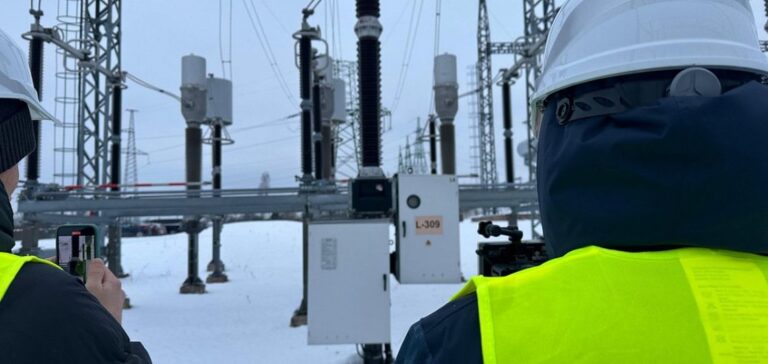The synchronization of the Baltic States with the European continental power grid has been completed, marking a major milestone in their energy independence. This achievement results from strong political commitment and substantial investments to secure the region’s energy supply.
A strategic project completed after years of preparation
Since joining the European Union, Lithuania, Estonia, and Latvia have prioritized integration into the European electricity network. This process accelerated after Russia’s invasion of Ukraine in 2022, as the Baltic States sought to protect themselves from potential energy supply pressures. On Sunday, this transition was officially confirmed with the activation of the connection to the European grid via Poland.
A €1.6 billion investment
The project required €1.6 billion in funding, with a significant portion provided by the European Union. These funds enabled the modernization of infrastructure and ensured a smooth transition without major disruptions. Electricity will now flow seamlessly through the continental grid, offering greater stability and predictability to local markets.
Strengthening critical infrastructure
Lithuanian President Gitanas Nausėda emphasized the need to continue improving energy infrastructure in the region. He stressed the importance of a coordinated European Union approach to securing these facilities against growing threats. The war in Ukraine has exposed the vulnerability of strategic infrastructure, particularly the subsea cables connecting the Baltic States to the rest of Europe.
Geopolitical tensions in the background
Several incidents involving subsea infrastructure in the Baltic Sea have been reported in recent months, raising concerns about possible sabotage. Some experts believe Russia may seek to destabilize energy supplies, although Moscow denies any involvement. In this context, the successful integration into the European grid serves as a strategic lever for the Baltic States, ensuring energy autonomy and greater resilience amid geopolitical tensions.





















